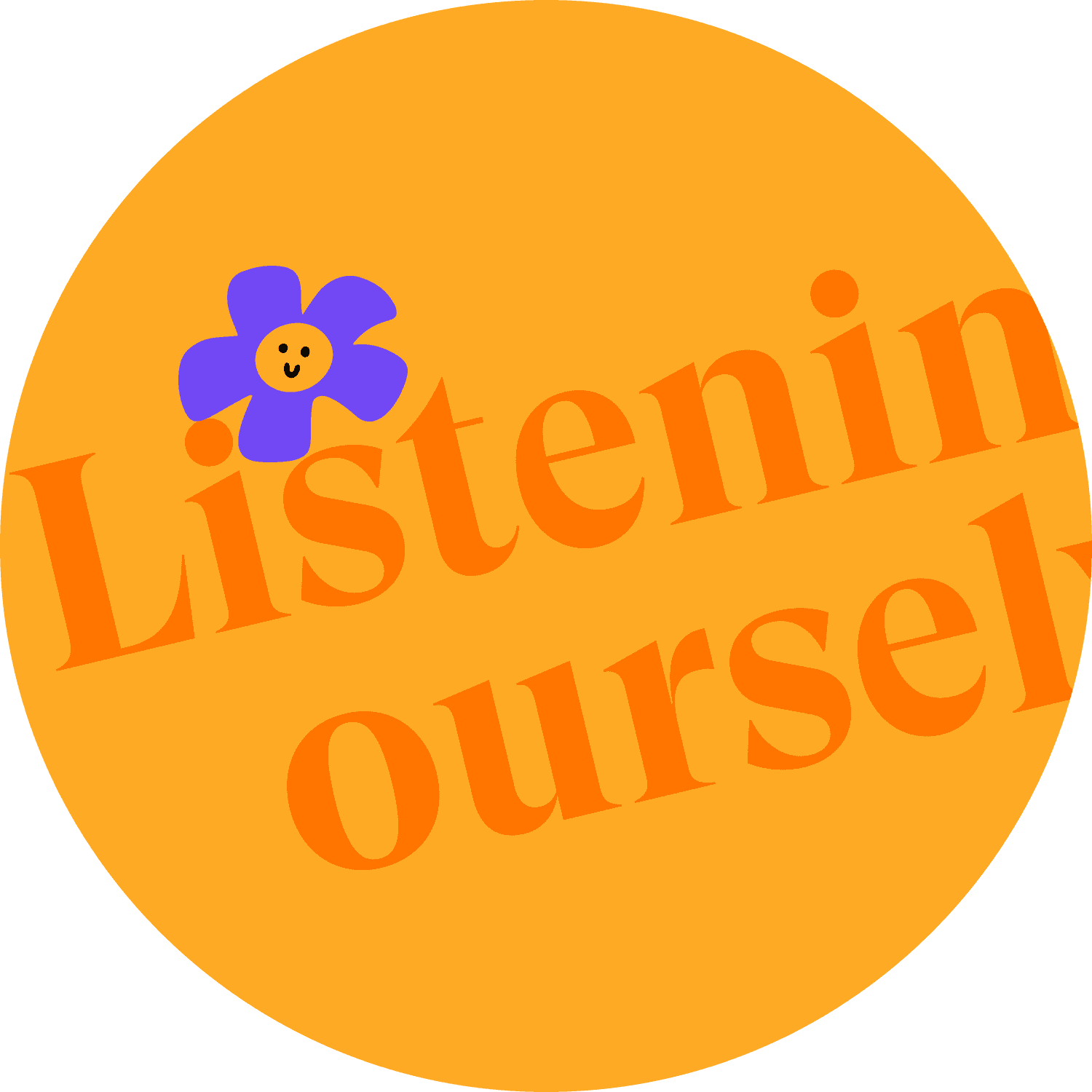
Regenerative activism: Why we need it and how to practice it
Despite only being founded 7 months ago, Extinction Rebellion (XR) – the international movement encouraging non-violent civil disobedience to protest climate breakdown – have already had a huge impact on UK politics, driving parliament to officially declare a climate emergency. And, hopefully, XR will continue to push climate to the top of the political agenda across the world over the next few years, as the climate doomsday clock ticks closer to midnight.
But how to avoid burnout when you know your actions today are shaping the course of history? XR are developing an answer: regenerative activism, based on a regenerative culture.
Regenerative culture is achieved by “deep caring”. By caring for yourself, in a way that cultivates resilience against burnout and anxiety, you’re more able to care for others – your circle, the international community, and the natural world.
Regenerative activism, then, involves reconnecting with ourselves to stay inspired and achieve our campaigning goals.
Why we need Regenerative Activism

People around the world are suffering from “eco-anxiety”, which the American Psychological Association defines as stress caused by “watching the slow and seemingly irrevocable impacts of climate change unfold, and worrying about the future for oneself, children and later generations.”
And environmental activists especially are prone to burnout, which is defined as a state of chronic stress leading to physical and emotional exhaustion, and feelings of cynicism and ineffectiveness. Like depression, it can stop you from functioning normally in your professional and personal life.
This isn’t just a personal issue – it’s political. When talented activists drop out of the movement because they’re burnt out, the whole movement suffers.
Regenerative activism acknowledges that fighting the good fight can take a real mental and physical toll, and provides some guidelines for preventing this. But it’s about more than just taking a bath or a night off…
Regenerative Activism: Self-care
Mindfulness
Mindfulness can be defined as simply being aware; being present in our experiences and bringing mindful attention to our thoughts, body, and senses can help us understand ourselves better. But it’s not about trying to change your thoughts; instead, it’s about observing them, and understanding them as mental events.
If you’re new to mindfulness, guided meditations like this one can help you get used to practising it; if you need something you can do more spontaneously, breath awareness exercises are an excellent mindfulness tool.
As you go about your day and work, you can also refer back to Zen Master Thich Nhat Hanh’s 5 Mindfulness trainings as a guideline:
- Reverence for life
- True happiness
- True love
- Loving speech and deep listening
- Nourishment and healing
Replace negative framing with positive affirmations
Eckhart Tolle, a spiritual teacher of no particular denomination, speaks about the concept of “me and my story” – how we define ourselves by the stories we tell and what’s happened to us in the past.
Maybe you’ve convinced yourself that your activist efforts are pointless, or you’re doing more harm than good. But it’s possible to reject these negative stories by practicing positive affirmations like:
- I believe in my skills and abilities
- I deserve rest and relaxation
- I respect my body and listen to its needs
Connecting with nature

There’s growing acceptance that spending time in nature really can have benefits for the mind and body; the Woodland Trust recently suggested that forest bathing – the act of immersing yourself in the woods and connecting with nature – should be recommended by doctors on the NHS.
Dr Qing Li, president of Japan’s Society for Forest Medicine advises:
“Make sure you have left your phone and camera behind. You are going to be walking aimlessly and slowly. You don’t need any devices. Let your body be your guide. Listen to where it wants to take you. Follow your nose. And take your time. It doesn’t matter if you don’t get anywhere. You are not going anywhere. You are savouring the sounds, smells and sights of nature and letting the forest in.”
If you’re not lucky enough to have a forest nearby, a park or garden will do, of course!
Do what you love
Whether it’s a hobby, being with friends, or treating yourself to your favorite food, make sure you’re putting time aside to do the things that make you happiest.
Regenerative Activism: Action & interpersonal care
Action care is how we take care of each other when engaged in direct action and civil disobedience; interpersonal care is about taking care when interacting with others in general.
Wellbeing coordinators
Aside from the obvious necessities, like first aiders and legal observers, there should also be dedicated wellbeing coordinators present at actions. They should be responsible for:
- Providing physical support like blankets if it gets too cold, or umbrellas/tarps if it starts to rain. Biscuits are an essential for anyone experiencing a post-adrenaline sugar crash!
- Providing emotional support – keeping up the positive energy at the action and leading on deescalating any conflict
Even if you’re not a wellbeing coordinator, be sure to take extra snacks and warm clothing along to actions, to offer to anyone in need.
Buddy system
Setting up an activist buddy system shares out the responsibility for each other’s wellbeing – and the more buddies you have, the better.
It might be a good idea to draft up a kind of informal buddy contract, including, for example, how often you’ll meet up/talk, things you would/wouldn’t like to discuss etc.
Nonviolent communication & conflict resolution

Nonviolent communication isn’t just essential for deescalating situations; it’s also a great practise to bring into your daily life. Developed by psychologist and mediator Marshall Rosenberg; its core elements are:
- Moving beyond blame and judgment – try to talk about “I” rather than about others
- Listening before speaking – and practise listening actively
- Trying to communicate based on observations rather than evaluations: talk in terms of what you think you’re hearing the other person say, rather than what you think that says about them
You can find upcoming NVC trainings here, or simply look to Thich Nhat Hanh’s teachings on loving speech:
“Using loving speech means speaking with love, compassion, and understanding. We try not to use words of blaming or criticizing. We try not to speak with judgment, bitterness, or anger because we know that words can create a lot of suffering. We speak calmly, with understanding, using only words that inspire confidence, joy, and hope in others”
If conflict arises during an action, make sure you’re calm yourself before you attempt to deal with it: breathe, and assume a relaxed posture. Tactics for deescalating conflict during an action (aside from extremely threatening situations, of course) include:
- Singing or music: start a drum beat or chant, and gradually slow it down
- Distraction: if one person in particular is causing trouble, first move them out of the crowd, and then engage with them using NVC
- Encourage others to be silent or to sit down: raise your hand as you do it, and invite others nearby to do the same
If conflict arises after an action, think about how you’ll deal with it. One idea could be Restorative Circles – a community strategy for engaging with conflict. It brings together the three parties to a conflict – the people who’ve acted, the people who are impacted, and the wider community – to engage in a dialogue as equals; the process ends when mutually beneficial solutions have been found.
If you’re interested in learning more, you can join XR’s online exploring conflict sessions 6:30-8pm every Tuesday.
Group debriefing
As well as having a buddy, it’s important to be involved in a smaller, more intimate group that’s part of the wider movement (XR is broken down into local groups, affinity groups and working groups, for example).
It’s important to check in with your group immediately after an action, as well as in the following days and weeks. Actions are high-stress and high-adrenaline environments; you need to make sure yourself and your group are fully recovered from them, and it’s also helpful to try and learn from your achievements and mistakes at the event. To debrief, you should:
- Find a safe space in a calm, easily accessible (and preferably green!) environment (but don’t let physical separation stop you – it’s also fine to meet online, using Zoom for example). Ideally sit in a circle, so everyone can see everyone else
- Ground yourselves by spending a couple of minutes sitting in mindfulness and silence
- Share how you’re feeling, taking it in turns and listening actively – it’s a good idea to use a talking stick here, to make sure no one talks over each other
The debriefing should be run by a facilitator – but they don’t need to be a professional, and shouldn’t be expected to magically fix anyone’s hurts. Rather, they should focus on moving the group through the different components of the session, while staying part of the session themselves.
Talking points for learning from the action as a group could include:
- What delays or confusion did you witness?
- What was in good supply? What supplies were missing?
- How can you use what you learnt today in other situations?
Group workshopping
There are a couple of specific kinds of group work that can foster interpersonal care:
- “The Work That Reconnects” is a form of group work inspired by Deep Ecology, systems thinking, Gaia theory and Buddhist teachings, and is “designed to foster the desire and ability to take part in the healing of our world” through interactive exercises and role play (also recommended is the founder of the practise’s book: Active Hope: How to Face the Mess We’re in Without Going Crazy by Joanna Macy & Chris Johnstone)
- “The Theatre of the Oppressed” is a set of theatre techniques and games that seek to “motivate people, restore true dialogue and create space for participants to rehearse taking action.” For example, in the “image theatre” activity, participants are asked to form statues that represent a moment in time in an oppressive situation; the tableau then becomes a springboard for the group to critically discuss
Make your activism regenerative
The next 11 years are going to be a long, hard fight – but by practising regenerative activism and taking care of ourselves, we’ll be able to better care for others and our world – making our fight more impactful and sustainable.
Resources
The Center for Nonviolent Communication
All images from Unsplash
Earth.fm is a completely free streaming service of 1000+ nature sounds from around the world, offering natural soundscapes and guided meditations for people who wish to listen to nature, relax, and become more connected. Launched in 2022, Earth.fm is a non-profit and a 1% for the Planet Environmental Partner.
Check out our recordings of nature ambience from sound recordists and artists spanning the globe, our thematic playlists of immersive soundscapes and our Wind Is the Original Radio podcast.
You can join the Earth.fm family by signing up for our newsletter of weekly inspiration for your precious ears, or become a member to enjoy the extra Earth.fm features and goodies and support us on our mission.
Subscription fees contribute to growing our library of authentic nature sounds, research into topics like noise pollution and the connection between nature and mental wellbeing, as well as funding grants that support emerging nature sound recordists from underprivileged communities.

